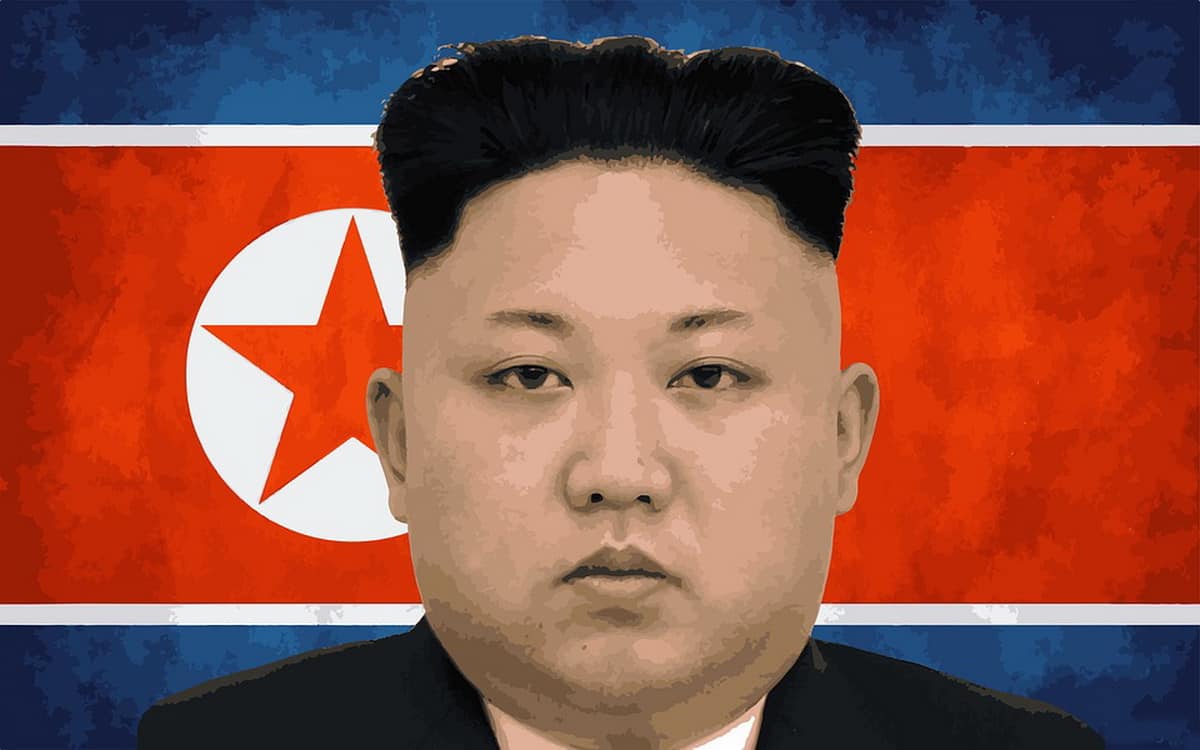Russian Defence Minister Andrei Belousov met with North Korean leader Kim Jong Un and agreed to boost military cooperation between the two isolated nations, Pyongyang state media said Saturday.
The United States and South Korea have accused the nuclear-armed North of sending more than 10,000 soldiers to help Russia fight Ukraine, with experts saying Kim is eager to gain advanced technology, and battle experience for his troops, in return.
Kim, who met Belousov on Friday, blasted the recent decision by Western powers to permit Kyiv to strike inside Russia with their weapons, saying it constituted a “direct military intervention in the conflict”, according to KCNA.
“It is an exercise of the right to self-defence for Russia to take resolute action to make the hostile forces pay the price,” Kim was quoted as saying.
Russian President Vladimir Putin and Kim signed a strategic partnership treaty in June that obligates both states to provide military assistance “without delay” in the case of an attack on the other and jointly oppose Western sanctions.
KCNA said Saturday that Belousov’s visit “would greatly contribute to bolstering up the defence capabilities of the two countries and… promoting the friendly, mutual cooperation and development of the relations between the two armies.”
Belousov, in a statement, expressed gratitude for the two countries’ deeping bonds and praised North Korea’s “absolutely independent foreign policy”.
Analysts have suggested Pyongyang could be using Ukraine as a means of realigning its foreign policy.
By sending soldiers, North Korea is positioning itself within the Russian war economy as a supplier of weapons, military support and labour — potentially even bypassing traditional ally, neighbor and main trading partner China, they say.
Russia also offers access to vast natural resources, such as oil and gas, they say.
Belousov is well-placed to help with such arrangements, Hong Min, a senior analyst at the Korea Institute for National Unification, told AFP, calling the Russian “an economic expert without a military background”.
As Russia’s defense chief, he specialises in “long-term strategies for securing weapons and military supplies, evading sanctions, and overseeing post-war reconstruction,” Hong said.
– Invariable support –
Russia and North Korea have strengthened their military ties since Moscow’s invasion of Ukraine in February 2022.
Both countries are under rafts of UN sanctions — the former for its nuclear weapons programme and the latter for the Ukraine conflict.
Since US president-elect Donald Trump’s victory earlier this month, the Joe Biden administration has stepped up its support for Kyiv, transferring more weapons and giving Ukraine permission to fire long-range missiles onto Russian territory.
Kim said Friday that his government, army and people would “invariably support the policy of the Russian Federation to defend its sovereignty and territorial integrity”.
Earlier this month, Pyongyang said it had ratified the landmark defence pact with Russia, after lawmakers in Moscow voted unanimously in favour of the deal, which Putin later signed.
South Korea and Ukraine said Wednesday they would deepen security cooperation in response to the “threat” posed by the deployment of North Korean troops, but there was no mention of potential arms shipments.
President Yoon Suk Yeol said earlier this month that Seoul was “not ruling out the possibility of providing weapons” to Ukraine, which would mark a major shift to a long-standing policy barring the sale of weapons to countries in active conflict.

